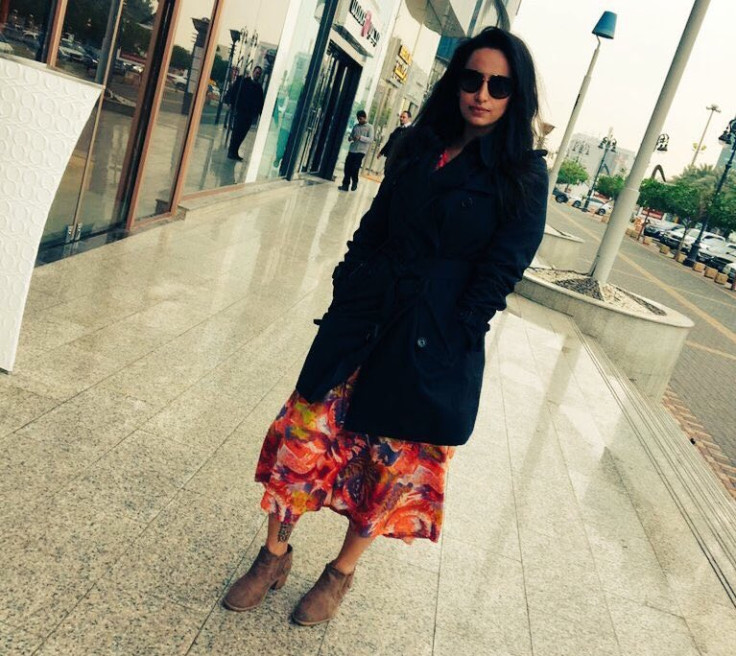Saudi woman arrested for posing outside without hijab in defiance of strict moral code
Woman threatened with death after photograph went viral.

A Saudi woman who defied the country's strict dress codes by abandoning her hijab and black abaya robe and posing outside with her head uncovered wearing a floral dress has been arrested.
Late in November the woman tweeted the picture of herself, which was circulated on social media, leading religious conservatives to demand her imprisonment, and even her execution.
On Monday, police in the country's capital of Riyadh said they had arrested the woman, who is accused of "violations of general morals," a spokesman, Fawaz al-Maiman said, AFP reported.
He also accused her of "speaking openly about prohibited relations" with unrelated men, according to AFP.
"Riyadh police stress that the action of this woman violates the laws applied in this country," Maiman said, urging the public to "adhere to the teachings of Islam." He said she had been arrested in the capital, after posing outside a popular cafe.
Under Saudi law, women are forbidden to leave the house without wearing a headscarf and abaya, a loose black robe that covers the body.
The woman was not named in the police statement but has been identified online as Malak Al-Shehri, who is believed to be in her 20s and tweeted a picture of herself heading out for breakfast wearing a dark coat, floral dress, ankle boots, and with no headscarf.
Her twitter account was subsequently deleted along with the picture, as hardline critics on social demanded her punishment and execution. However the gesture has also drawn widespread support, with one Twitter user comparing her to Rosa Parks, the black woman who defied racial segregation in the American Deep South in the 1960s.
Saudi Arabia has been criticised for its strict its interpretation of of Sharia law, and is the only country in the world where women are banned from driving.
Saudi woman pictured not wearing hijab faces calls for her execution. Saudi Rosa Parks! https://t.co/NU6tRJ6Uus
— Razan Ghalayini (@RazanGhalayini_) December 2, 2016
Women must also have the permission of a male guardian before applying for a passport and travelling abroad.
However defenders of women's rights in Saudi Arabia say progress has been made in recent years, with women allowed to vote for the first time in 2015's municipal elections, and thousands of Saudis signing a petition in September that demanded the government abolish the guardianship system,
© Copyright IBTimes 2025. All rights reserved.






















